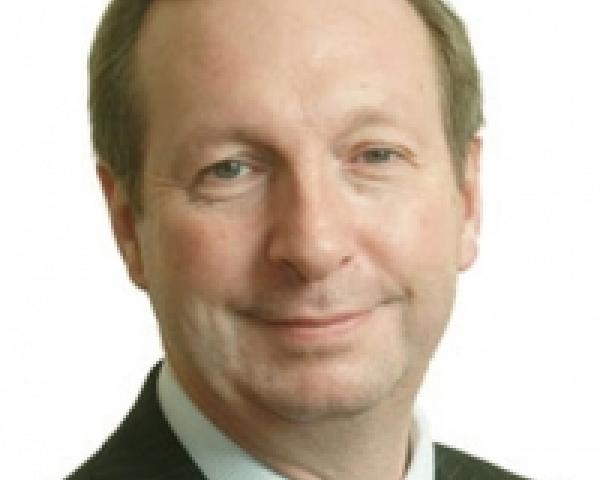As we focus on a world of data and analytics, we have to accept that this has the potential to create the collapse of organizational hierarchy.
As we think about the changes that will inevitably happen within the insurance industry, we also have to recognize that these changes will be reflected in a transformation of the leadership function.
Of course, we have to distinguish between leadership and organizational power. "Power" usually comes from the ability to influence and give direction to others and through hierarchy. The leadership role is often viewed as some form of organizational hero who has the ability to take an organization from a status of failure or inertia, to one of success. But is this hero model still valid, and will it be valid going forward?
Isn’t one of the main problems that the pace and complexity of change is so dramatic that so-called leaders are no longer able to draw on their own experience to help create a compass for the organization? And without experience or adequate understanding, is there a risk that traditional leaders might simply revert to what they know, and create a drag on the business rather than provide the catalyst to drive it forward? In creating this drag, don’t the leaders themselves run the risk of personal criticism if their performance or ambition starts to dwindle?
See also: Inventing Your Future: A 3 X 3 Approach
The paradox is that leadership can be both the cause of organizational weakness and also the cure if implemented effectively.
Emerging theories of leadership point to a more devolved, flexible and decentralized model of leadership, a model that demands a shared, distributed and relation-based leadership ethos with the emphasis on collaboration – as opposed to the old hierarchical model.
Has leadership become a process rather than a position? If that is the case, then does such an environment present us with the opportunity for a more fluid, richer leadership environment? No more Eureka moments, but rather that the leadership of an organization is constantly shifting and is a reflection of the culture and shared values of the business?
And does it mean that anyone with the word "leader" in their job title – like mine – is toast? Yes, probably, unless as a leader you are personally prepared to change. If leadership is to exist in any form, then it will be by example. Leaders need to show how to collaborate, innovate and be agile. Leadership is no longer about holding the sword and shouting "follow me" or "do what I say."
See also: The Future of Insurance [Infographic]
As we increasingly focus on a world of data and analytics, and the associated democratization of understanding and insight, we have to accept that this has the potential to create the collapse of organizational hierarchy. Maybe that’s not a bad thing. Data and democratized analytics inevitably force us to think about leadership in a different way. It might also force us to think about our own careers and professions in a different way, as well.
How we communicate these very major issues is also critical. If we accept that the big data genie is out of the bottle, then we must also accept that the metaphorical Pandora’s Box has been opened. Classicists will know that as Pandora’s Box was opened, then all the evils of the world were allowed to escape from that box. Of course, it’s not quite so dramatic – but will big data and analytics provide the catalyst for a revolution in what we mean by leadership?


